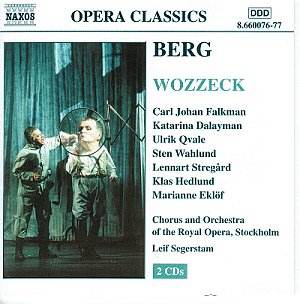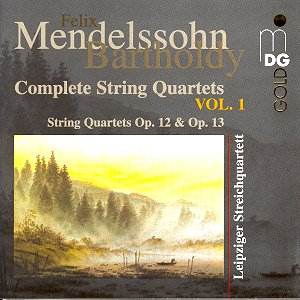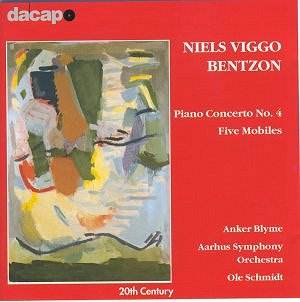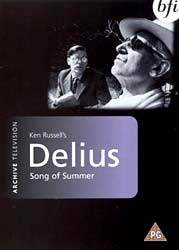 Composer: Alban Berg
Composer: Alban Berg
Works: Wozzeck, Opera in Three Acts Op. 7
Performers: Carl Johan Falkman (Wozzeck), Katarina Dalayman (Marie), Ulrik Qvale (Captain), Sten Wahlund (Doctor), Lennart Stregard (Drum Major), Klas Hedlund (Andres), Marianne Eklof (Margret), Orchestra and Chorus of the Royal Opera, Stockholm, Leif Segerstam (conductor)
Recording: Recorded live at Kungliga Teatern, Stockholm, February 2000
Label: NAXOS
Alban Berg’s Wozzeck, first premiered in 1925, stands as a cornerstone of 20th-century opera, merging expressionist musical language with a poignant narrative that reflects the existential despair of the human condition. The opera’s historical context is crucial to understanding its impact; born from the post-World War I disillusionment, it reflects social injustice and the fragility of mental health through its protagonist, Wozzeck, a soldier subjected to the whims of a cruel society. This recording, led by conductor Leif Segerstam and featuring the Royal Opera’s formidable forces, promises both a fresh interpretation and an affordable entry point into a well-trodden repertoire.
Segerstam’s direction is marked by a meticulous attention to detail and pacing that enhances the emotional trajectory of the score. From the very first bars, one notes a clarity and precision that allows Berg’s intricate textures to emerge vividly. Unlike many live recordings that may succumb to the chaos of the performance venue, the orchestral playing here remains disciplined, with an intriguing balance that favors the winds and brass. This approach, while potentially controversial—given the lushness typically associated with string-heavy interpretations—provides an exhilarating freshness to familiar passages. For instance, the Mahlerian D minor interlude, a pivotal moment that encapsulates Wozzeck’s tragic arc, resonates with a starkness that feels both raw and profound.
The vocal performances are strikingly compelling, with Falkman and Dalayman delivering portrayals that transcend mere representation. Falkman’s Wozzeck is a nuanced exploration of despair; his poignant delivery of “wie arme Leut” resonates deeply, underlining the character’s plight with sincere anguish rather than mere declamation. Dalayman’s Marie is equally robust, capturing her character’s conflicted emotions with a vocal fluidity that conveys both desperation and defiance. Her Act One conclusion, “Meinet wegen, es ist Alles eins,” encapsulates a plethora of emotions—resignation, anger, and vulnerability—all articulated with exceptional conviction.
Segerstam’s interpretation of the crucial interludes, which Berg meticulously timed, is particularly noteworthy. He navigates these transitions with a deft hand, allowing thematic material to unfold with clarity and purpose, a quality that can often be lost in more frenetic interpretations. This attention to detail underscores the opera’s dramatic structure, enabling listeners to appreciate the thematic cohesiveness that binds the work together.
The recording quality, typical of Naxos’s budget label but surprisingly robust, captures the live energy of the performance while maintaining a forward balance between orchestra and singers. While some might prefer a more blended sound, the clarity afforded by the engineering choices here allows for a wealth of detail to emerge, making it a rewarding experience for attentive listeners.
Against a backdrop of esteemed recordings—Abbado’s and Barenboim’s live interpretations, as well as Dohnanyi’s studio version—it is clear that this newcomer, despite its budget designation, holds its ground admirably. The fresh insights it offers into the score, combined with the strength of its vocal performances and Segerstam’s astute conducting, make this a worthy addition to the Wozzeck discography. Rather than merely competing, it enriches the existing landscape, inviting both seasoned aficionados and newcomers alike to engage in Berg’s expressionist world anew. The combination of a formidable cast, a conductor attuned to the score’s nuances, and superior sound quality result in a compelling recording that stands as an admirable testament to Berg’s masterpiece.



